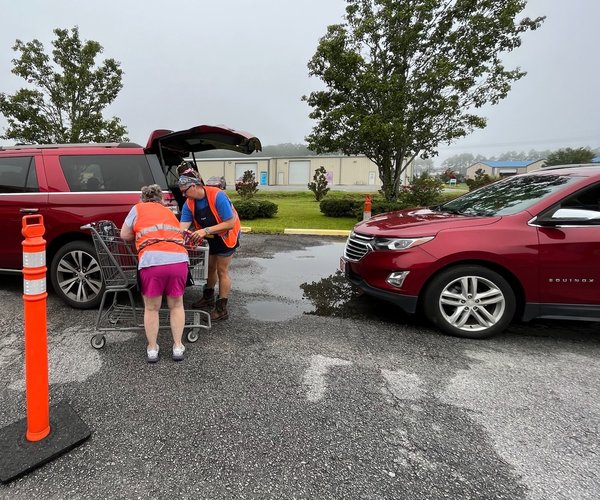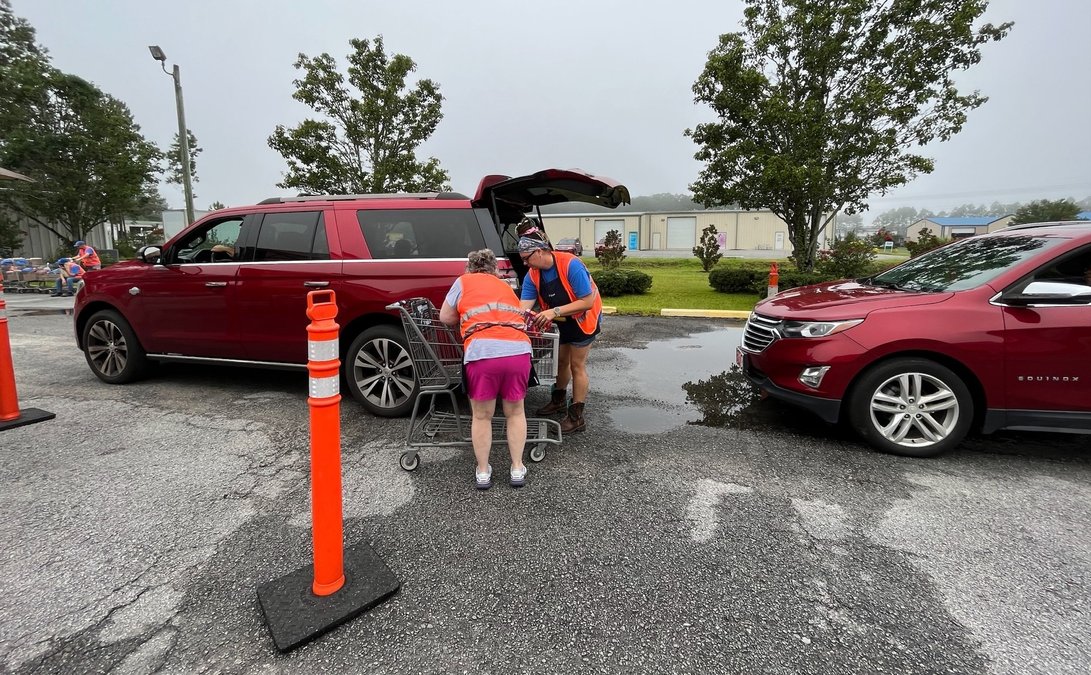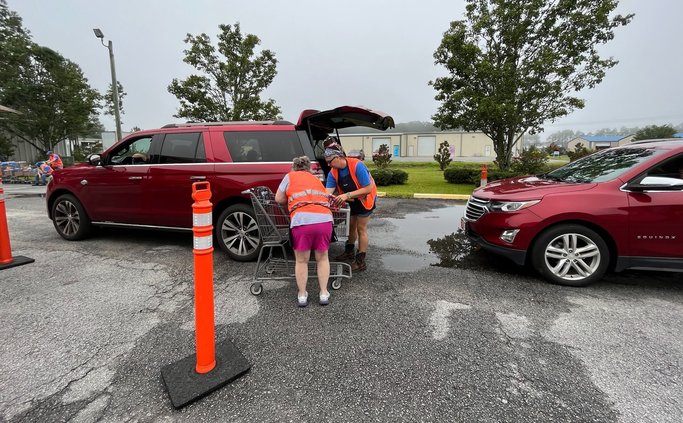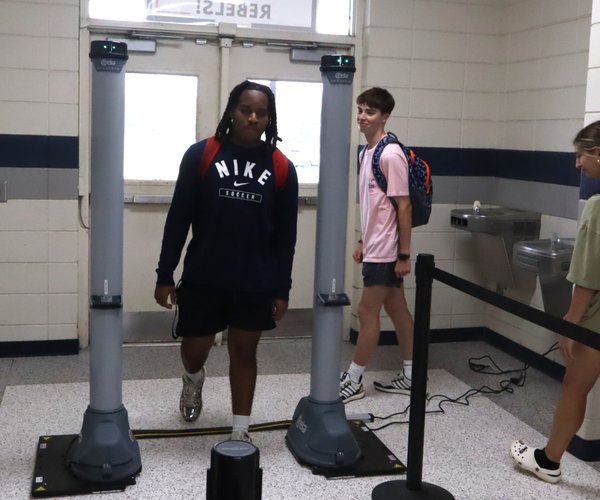Work won’t start for several months on a long-awaited sewer improvement project in Springfield, but city leaders are still ecstatic that it’s moving forward.
City officials met with a state Department of Community Affairs representative Friday in a public hearing on a community development block grant that will go toward extending sewer lines to 20 homes in South Railroad Avenue and Tunnel Road area.
“I am extremely happy,” said Springfield Mayor pro tem Jeff Ambrose. “It’s going to benefit a lot of folks who have been needing it a long time.”
Construction on the sewer lines is expected to start in the spring and they will connect 20 homes, serving 46 residents, to the city’s sewer system. Residents of that area are on septic systems that have been plagued by problems such as poor drainage. Of those 46 residents, 43 were found to be of low- or moderate-income.
The total budget for the project is $529,725, and the CDBG will cover $359,605 of the cost. An in-kind match of $84,120 will cover tap-in fees for the homes to be served by the new sewer line.
From the grant award, $230,863 will go toward construction of the sewer facilities and $66,014 will go to street improvements.
The city also must adhere to federal Department of Housing and Urban Development rules and regulations, said the DCA’s Mary Alice Applegate. An environmental review must be done and they city can’t spend any money on construction until an environmental clearance letter is received. The city can spend money on engineering and design of the sewer system and on grant administration until the environmental review is completed.
Construction plans have to be submitted to the DNR for review and approval and any disconnected or abandoned individual wells or septic tanks will be abandoned or dismantled under DNR guidelines.
Under the stipulations of the grant, the contractor also must employ local workers and recruit workers from low- and moderate-income backgrounds. A contractor could have a crew to bring in for the job, but as Applegate noted, one contractor needed to hire a flag man for a street crossing and hired locally for the job.
The city’s grant award package is due back to the DCA by Oct. 16, within a month of the awarding of the grant. The grant is active for two years, and the DCA can cancel the grant if it is determined sufficient progress has not been made on the project.
If 70 percent of the time has passed and only 50 percent of the grant money has been spent, the DCA also may not look favorably upon any other grant applications.
The city originally applied for a grant in March 2010 but was turned down. City officials tried again earlier this year and were awarded the grant last month.
“I think it says a lot for the city, for us being persistent and us helping out the residents,” Ambrose said.








